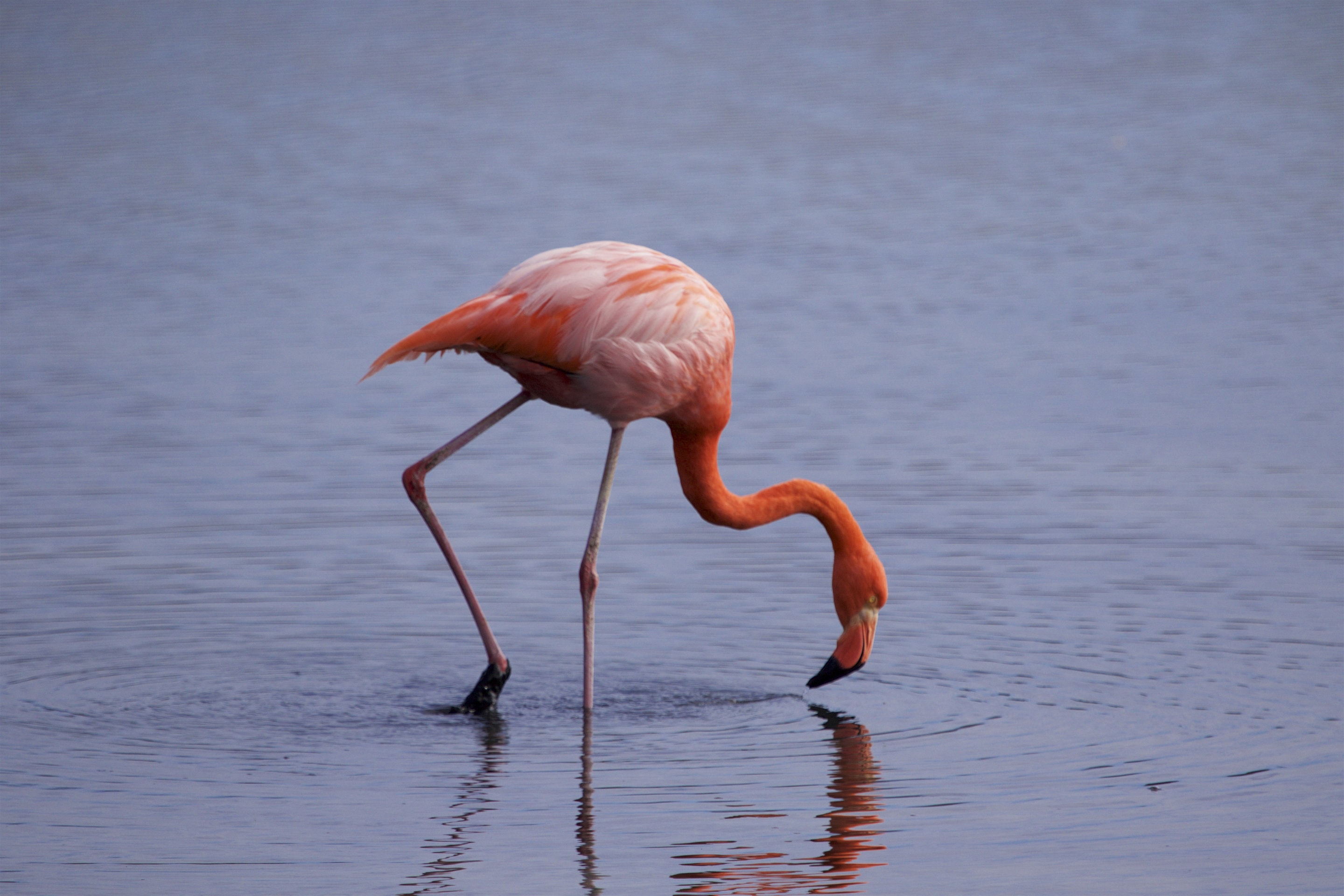However, the idea that travel cannot coexist with environmental preservation overlooks a crucial point - when done responsibly, tourism can indeed help protect the very places it explores. This article looks at how tourism, specifically sustainable tourism, can play a significant role in preserving pristine locations for future generations.
Sustainable tourism differs from its traditional counterpart by emphasizing minimal environmental impact and beneficial effects on local communities. By adopting such practices, travelers can contribute to job creation, cultural heritage preservation, wildlife conservation, and landscape restoration. By choosing eco-friendly accommodations and supporting local enterprises, travelers can strike a balance between discovery and preservation.
Yes, all travel, even to the most untouched locations, leaves a carbon footprint. It's vital, though, to acknowledge efforts to reduce this impact. For instance, French cruise line Ponant has been a pioneer in implementing emissions-reducing technology in its ships. With the new Le Commandant Charcot, and a commitment to 'zero-impact' cruises by 2025, Ponant is setting the bar for the rest of the industry. Other shipbuilders are following suit, particularly those involved in expedition-style cruises.
Interestingly, tourism can actually help protect the environments it showcases. By managing the number of tourists and their activities, destinations can ensure long-term preservation of their natural environments. The Galapagos Islands, for example, have strict rules for tourism, which limit the number of visitors, enforce guidance by local experts, and regulate interaction with wildlife. This careful approach has proven successful in preserving the Galapagos' unique ecosystem.
Travel has a transformative effect. Ashton Palmer, founder of Expedition Trips, believes that travel to remote places fosters a connection with nature and a desire to protect it. This idea aligns with the principles set by Teddy Roosevelt when he founded the National Park Service, emphasizing conservation through personal exploration.
The effects of a journey extend beyond the travel itself. Travelers return home not just with memories, but also a newfound sense of responsibility. Whether it's sharing photos on social media, making charitable donations, or simply advocating for sustainable travel, the actions taken after a trip can have a substantial impact. Travelers, in this sense, become ambassadors for change, ensuring the preservation of the pristine locations they visited.
Tourism and conservation don't need to be mutually exclusive. By raising awareness and encouraging mindful travel, it's possible to enjoy the world's natural wonders while also working to protect them for future generations.
